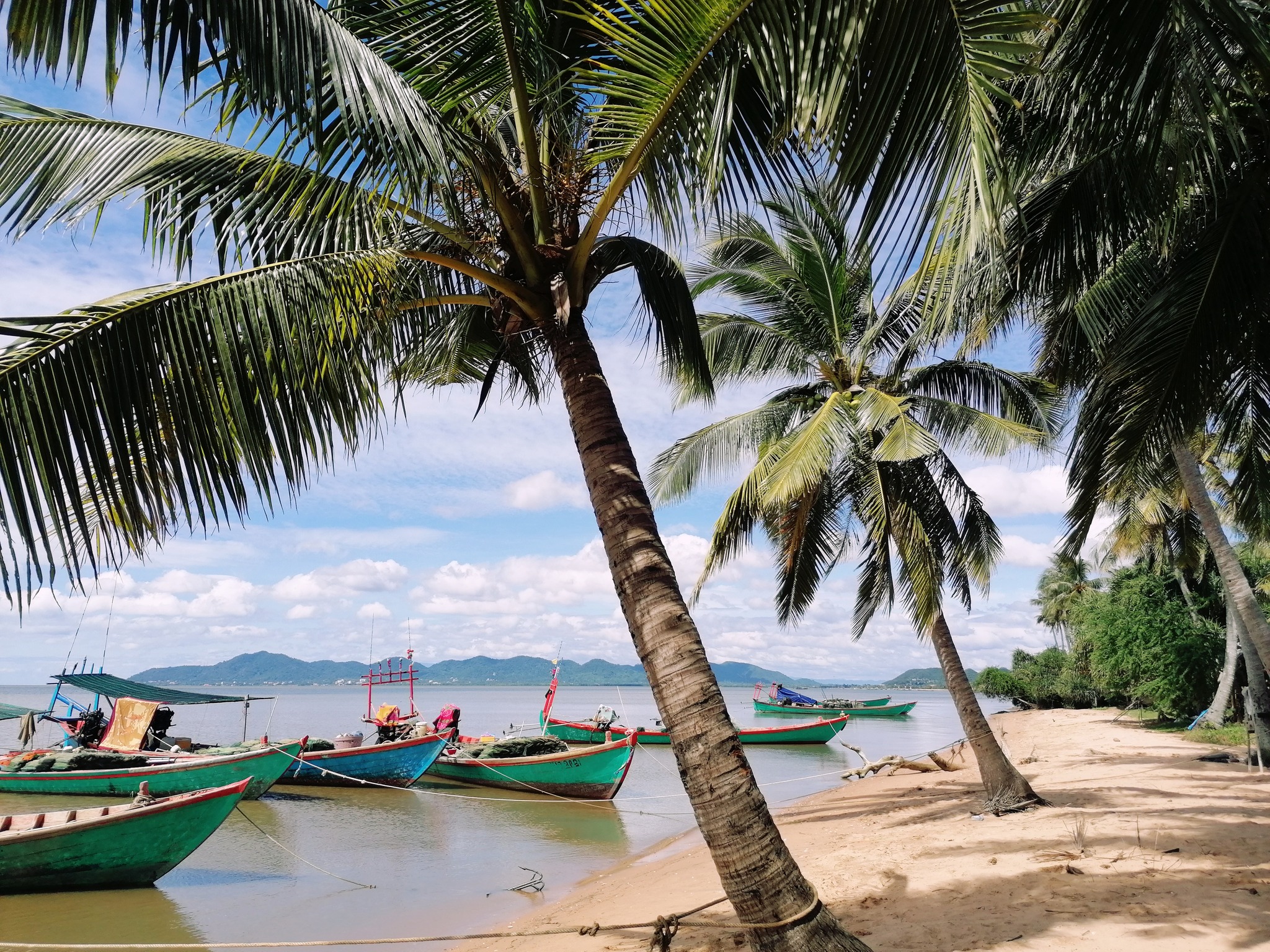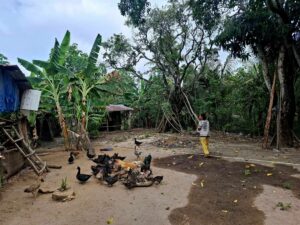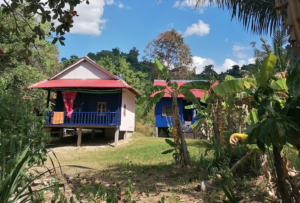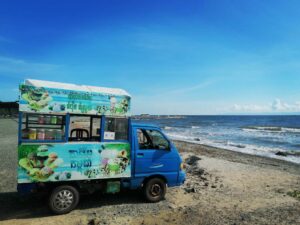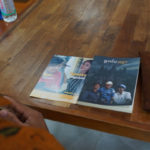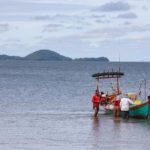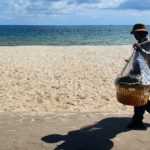The intent of this op-ed is to contribute to the decolonization of Kep’s economy by ending the vicious circle of economic inequality that a neo-colonialist mindset perpetuates. To this end, I do not only emphasize the tourism industry’s most abusive practices, but I also contribute to the progressive deconstruction and reconstruction of narrative representations of Kep’s local economy and colonial past.
Founded in 1908 by French colonialists, Kep-sur-Mer is a seaside town in Cambodia that is rich in natural capital. At the time of the French protectorate, the economic system was based on lavish pleasure centers established for French colonizers and Cambodian elites, while the majority of the population worked for low wages or provided slave labour. Although formal colonialization ended in the 1950s, there is still a significant colonial heritage worth seeing for travelers from all over the world, including French tourists and Phnom Penh inhabitants.
From my postcolonial perspective, Kep’s economy today is very much neo-colonial because the extraction of wealth is based on the exploitation of labour, natural resources and the use of the land for foreign profit. Socially, it is a system that strives on, arguably racial, segregation. Most local communities remain in an economically subservient position, having little choice but to participate in unfair competition and gain little material benefit through unfair wages.
I argue that understanding economic imbalances between local populations and foreign investors is the first step toward decolonizing tourism and Kep’s local economy. Then, the promotion of responsible eco-tourism can result in a fairer redistribution of wealth and power. Socially-conscious tourists have the power to direct money toward Cambodian small businesses rather than toward exploitative and powerful establishments. It all comes down to making the right decisions about how to spend money on holiday so that Cambodian communities can take control of their own space and value their culture.
Visitors have a range of options for accommodation, restaurants, and guided tours. I underline here three main options: (1) local community or family businesses, (2) social businesses and, (3) rich and expensive resorts owned by foreigners, most often French.
The first option is the best for being a responsible eco-tourist. The French NGO I work for, Action Education/Aide et Action (AEA), primarily supports projects from community enterprises that are locally rooted, socially responsible, and trade for community benefit. A community business is run by and for local communities. It might be any sort of place, such as a guesthouse, restaurant, shop, or farm. This sort of business is driven by solidarity rather than competition since locals support businesses that invest in their well-being and environmental resilience.
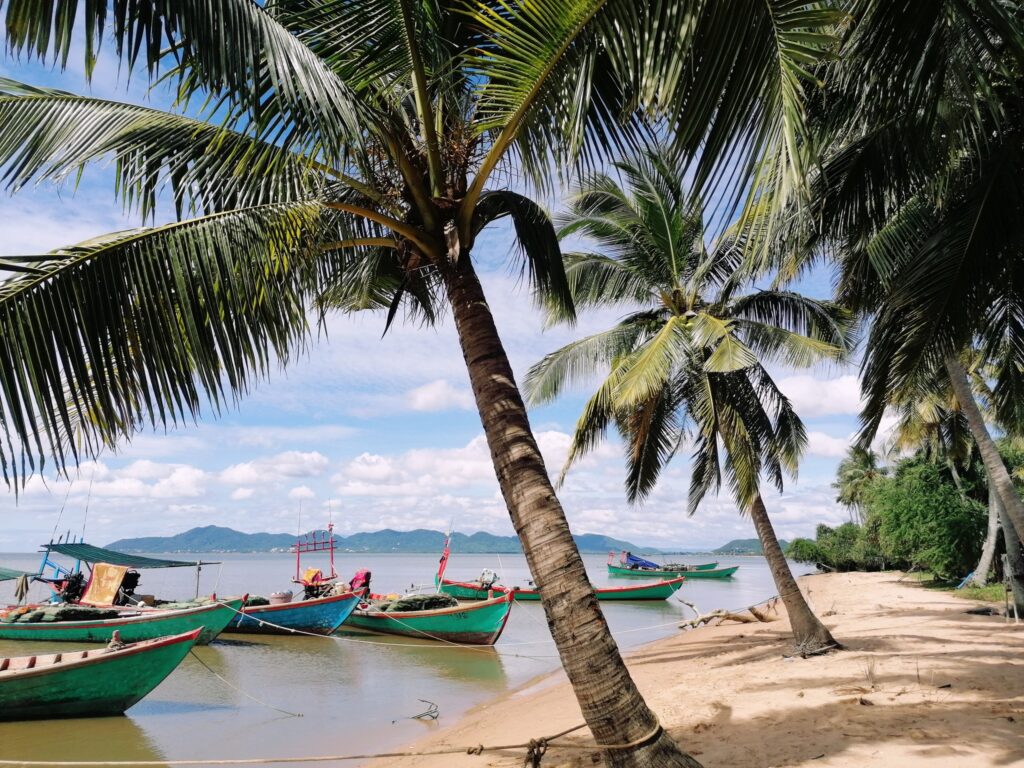
The second alternative, social businesses, has a significant competitive advantage in comparison to neo-colonial resorts, which have historically been and continue to be dominant. What distinguishes social enterprises from other businesses is that they base their business strategy on delivering a social and environmental mission. They aim to maximize profit to provide social and environmental benefits to society as a whole. Social businesses offer socially-conscious products and services that address environmental issue while providing quality services to international visitors.
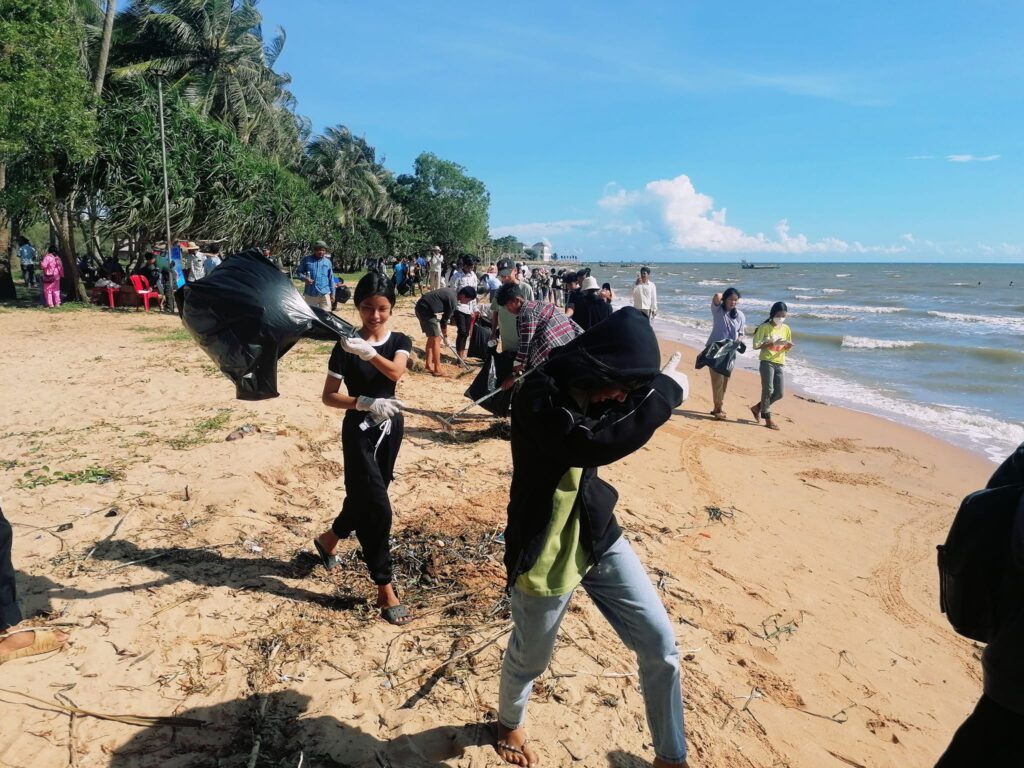
The third alternative concerns competitive foreign-owned resorts, which I frame as colonial legacies based on my own observations and views. These enterprises frequently strive to create lavish experiences for their guests while making profit from the exploitation of low paid workers and Cambodia’s natural capital. In colonial times, the French introduced the concepts of luxury and prestige to maintain control and to claim supremacy over native communities, resulting in a segregationist system and unequal relations between the colonizers and the colonized people.
Today, high-end eco-resorts, some owned and managed by French executives, perpetuate and benefit from an outdated neo-colonialist mindset. They are attractive to a broad audience, including those affected by Eurocentric arrogance, those with a condescending attitude toward locals, or those nostalgic for the French empire. However, these places are intriguing locations to quickly visit. Entering this type of resort for minimal consumption is more than just an opportunity to experience a taste of luxury and Cambodian nature. Seeing and observing a neo-colonial microcosm may also be an enjoyable touristic experience.
Nevertheless, tourists are mainly advised to travel responsibly and environmentally in Cambodia. For me, ethical tourism is about people-to-people exchanges, supporting small local enterprises that compete with wealthy and powerful resorts, and directing money towards local communities in order to address economic inequities. When AEA promotes social eco-tourism, we empower community businesses through training, tools, and mentoring because we aim for a gradual and long-term change. Our goals are to: (1) generate long-term sustainable income that stays in local communities; (2) deliver to tourists genuine and enjoyable experiences; and (3) empower locals to positively impact their public spaces in their own way.
The claim that modern tourism is a sort of neo-colonial industry is widely accepted today. To address the ambient venality in Kep and to support fair distribution of wealth, I trust Cambodian communities to generate a positive impact by developing innovative and creative products and services. They can preserve and make the most of Cambodia’s rich natural assets, and create meaningful interactions with foreign tourists. According to me, the strength of community and family businesses is their potential to unleash synergies of positive impact, whereas rich and costly resorts engage in sometimes disloyal competition between them and with communities, driven by a logic-for-profit.
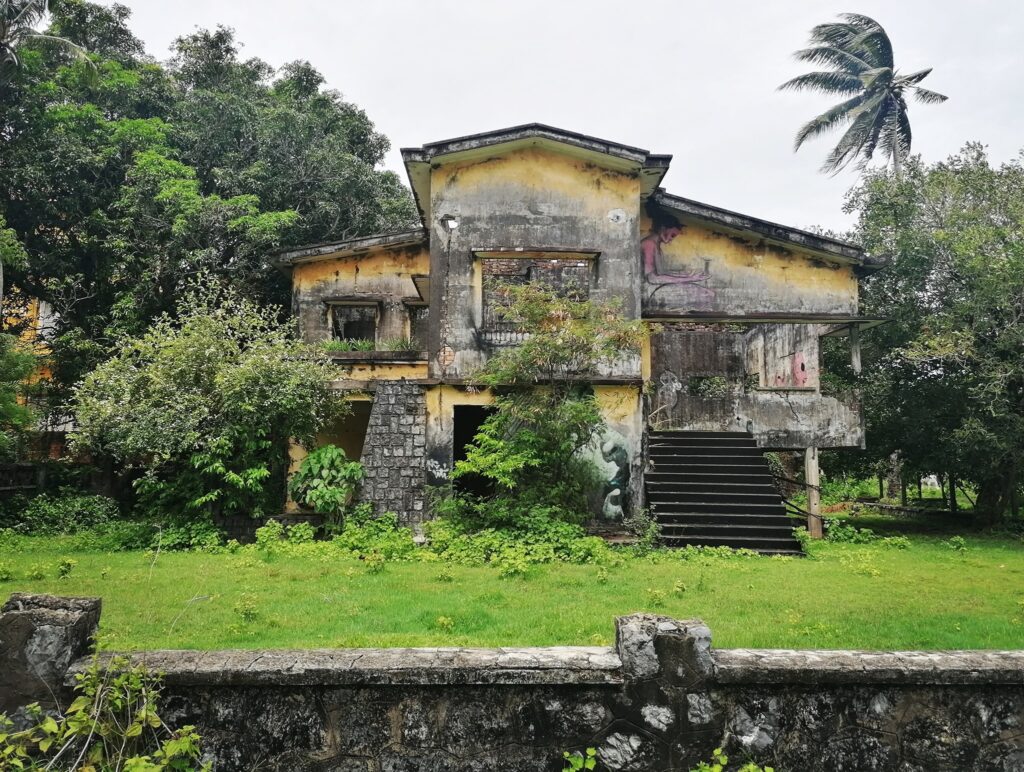
Disclaimer: The opinions expressed in this blog post are postcolonial and those of the author. They do not purport to reflect the opinions or views of AEA or its partners.



